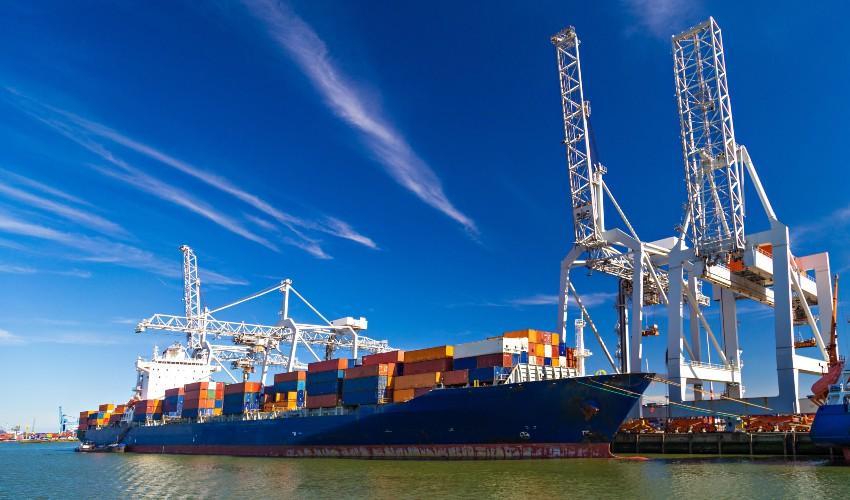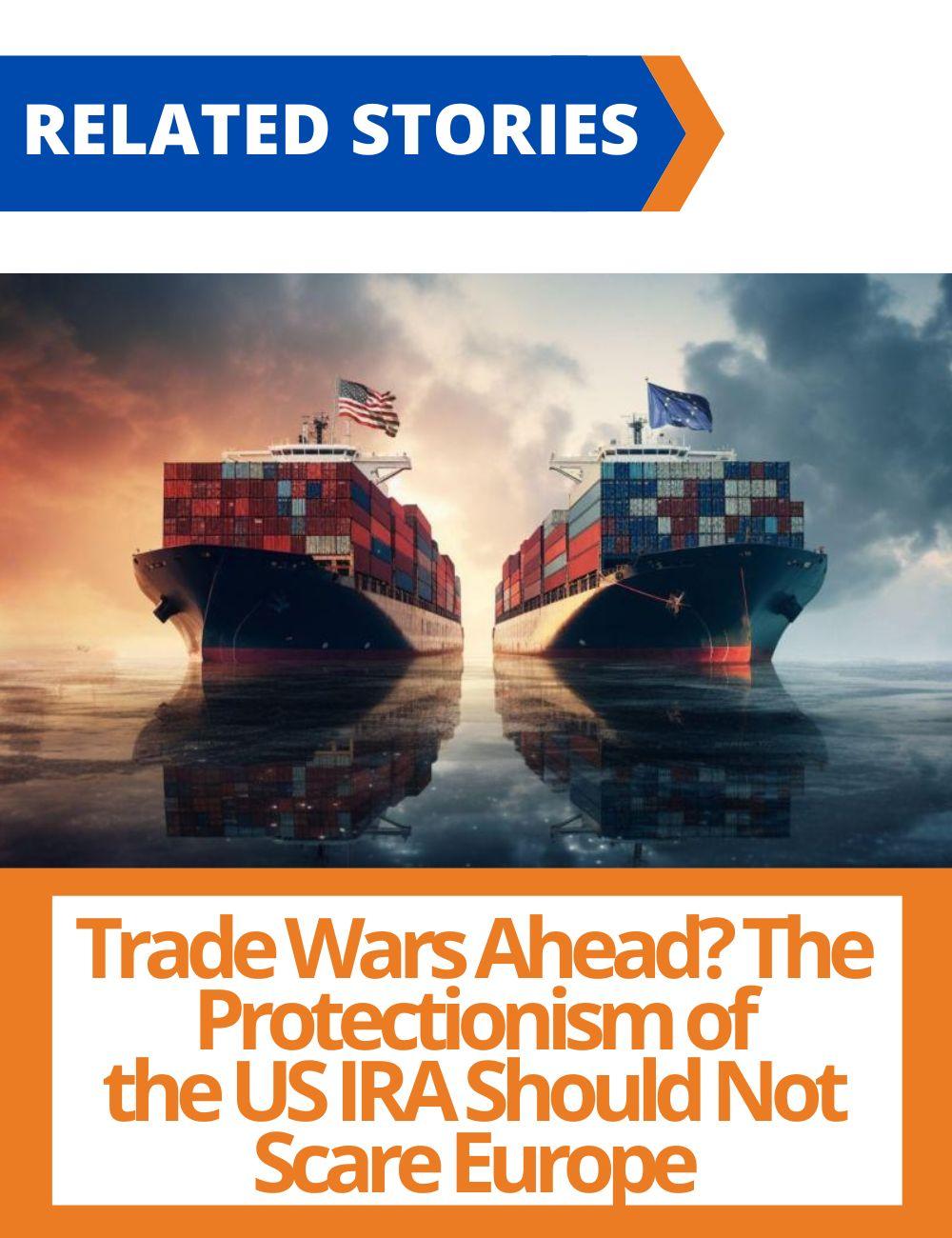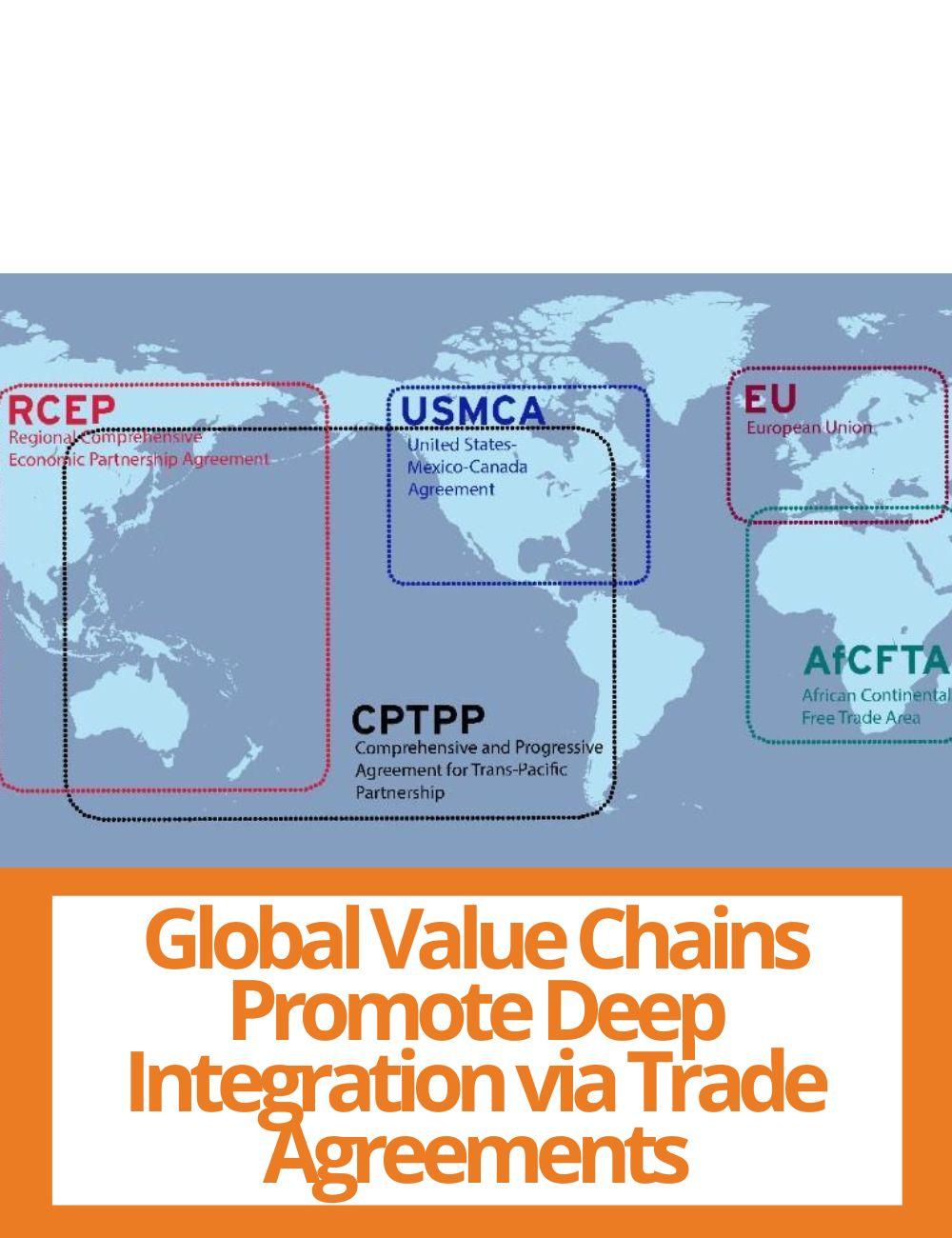
How Import Tariffs Can Harm the Economy
DOWNSTREAM INDUSTRIES THAT USE GOODS HIT BY IMPORT DUTIES AS RAW OR INTERMEDIATE MATERIALS ARE FORCED TO REDUCE THEIR INVESTMENTS, A PAPER BY THORSTEN MARTIN SUGGESTSNew research finds that a reduction in import tariffs increases investment in downstream industries. This suggests that, reversing the direction of the change, imposing or raising tariffs on raw materials and intermediate inputs with the goal of protecting domestic firms that produce the same goods can backfire, reducing investment in the rest of the economy.
In the last few years trade protectionism has made quite a comeback - think of Brexit and of Trump’s trade war with China. While the rationale for tariffs is to protect domestic firms from international competition, they also raise costs for the downstream industries, those that use affected goods as inputs. A new paper by Thorsten Martin (Bocconi Department of Finance) and Clemens A. Otto (Singapore Management University) investigates the effect of lower tariffs on investment in downstream industries in the US. They find that a 10% decrease in tariffs increases investment 4% to 6%.
In theory, the effect that reducing upstream tariffs has on downstream investment is ambiguous. On the one hand, an increase in competition in the industries that were previously shielded by the tariffs can lead to lower input costs for downstream industries, increasing incentives to invest. On the other hand, lower tariffs can increase the risk that domestic suppliers succumb to foreign competition, which would disrupt domestic supply chains, making firms less willing to invest.
The authors find that the first effect, the positive one, dominates the second. Their results also suggest a long-lived effect, starting in the second year after the reduction and lasting all the way to the end of the sample period, seven years later.



The paper also sheds light on which industries react most to upstream trade liberalization. The investment response is stronger for industries where inputs account for a larger share of overall costs and that use homogeneous goods as inputs (such as cement or steel). This suggests that the main driver of investment is lower input prices, rather than the opportunity to access higher-tech foreign substitutes. Furthermore, the increase in investment is larger in concentrated industries, which have more bargaining power vis-à-vis upstream producers and are therefore more likely to capture the benefits of lower input prices.
“These differences in the investment response across industries are important for trade policy,” comments Professor Martin “If a country decides to impose tariffs, our results suggest that targeting inputs such as raw materials would dampen investment more than targeting final goods, as the effects propagate down the entire supply chain.”
When asked about further research on the topic, Martin replies: “My current research focuses on firm behavior and environmental policy. One key aspect here is that environmental issues such as climate change and biodiversity loss are global challenges, while environmental policy is typically implemented at the national or regional level. This means one needs to be careful about trade and supply chain effects when assessing the global effectiveness of environmental policy.”
Thorsten Martin, Clemens A. Otto, “The Downstream Impact of Upstream Tariffs: Evidence from Investment Decisions in Supply Chains.” Journal of Financial and Quantitative Analysis, First View Articles. DOI: https://doi.org/10.1017/S0022109023000777.
by Pietro Vacca
